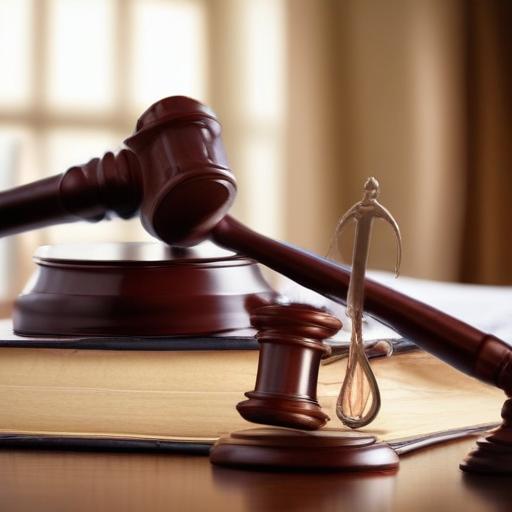The Senate Judiciary Committee has advanced the first five federal court nominees of President Trump’s second term, paving the way for full Senate confirmation. The nominees, all of whom were approved by a narrow 12-10 vote, include:
– Whitney D. Hermandorfer to the 6th Circuit Court of Appeals
– Zachary M. Bluestone to the Eastern District of Missouri
– Joshua M. Divine to the Eastern and Western Districts of Missouri
– Maria A. Lanahan to the Eastern District of Missouri
– Cristian M. Stevens to the Eastern District of Missouri
Chairman of the Committee, Sen. Chuck Grassley, expressed confidence in the qualifications of the nominees, highlighting their commitment to the rule of law and judicial independence as critical traits in a functional constitutional system. He specifically emphasized Hermandorfer’s respected reputation across various political affiliations for her legal acumen and dedication.
As discussions on religious rights become increasingly significant, supporters believe the chosen nominees reflect a strong stance on protecting the Constitution and religious liberties. Hiram Sasser, Executive General Counsel at First Liberty, recognized Hermandorfer’s track record on religious liberty and her ability to challenge government overreach, citing her involvement in a notable case concerning the autonomy of religious organizations.
If confirmed, Hermandorfer will fill one of three vacancies on the appeals courts, while over 45 other vacancies exist in lower district courts. The list also includes former First Liberty attorney Jordan Pratt, who has been nominated for a district court seat in Florida after his recent appointment to a state appeals court.
Despite a slower start in judicial confirmations during this term, analysts assert that President Trump remains on a path to significantly influence the judiciary, potentially surpassing previous records for judicial appointments before the end of his tenure. Current estimates suggest that he could appoint over 400 judges throughout both terms, poised to surpass historical benchmarks set by prior administrations.
This gradual advancement of nominees indicates a continued effort to shape the federal judiciary, reflecting ongoing debates about judicial philosophy and the importance of judicial independence in protecting civil liberties.
